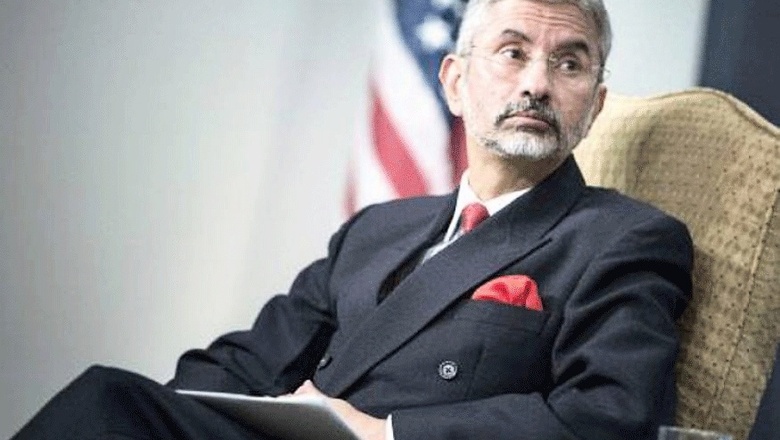
views
India should earn or do before or after retirement.
The appointment of former foreign secretary S Jaishankar as president of global corporate affairs in Tata Sons, the closely-held holding company that controls the salt-to-software business empire, is bound to raise eyebrows, whispers and sighs across the chattering chambers of Lutyens' Delhi.
Consider the fact that the current chairman of Tata Sons, N Chandrasekaran, was last seen drawing an annual salary package of Rs 30 crore as CEO of Tata Consultancy Services. Chandrasekaran is now estimated to be getting about Rs 4.8 crore. The cabinet secretary, India's highest ranking civil servant, draws around Rs 250,000 a month, which amounts to Rs 30 lakh per annum.
Whatever the details not yet disclosed, it is safe to assume Jaishankar will earn at least ten times the salary he received last from the government of India. And thereby hangs a case of outdated ideas, misplaced morality and convoluted thinking on what government servants in
India should earn or do before or after retirement.
Think of the fact that Jaishankar is an acclaimed diplomat who has been India's ambassador to the US and China. Doors will open for him across the planet based on familiarity, admiration, respect and in some places, gratitude. Not to speak of his meritocratic entry and rise in the foreign service that has bestowed on him valuable insights and wisdom. For a globally ambitious conglomerate like the Tatas, every penny they pay him must be worth it. After all, the Tata group's global sales totalled more than Rs 673,000 crore in the year to March 2017. Somebody like Jaishankar is of immense strategic values to the Tatas.
But that's not how critics will look at it—because we are a nation of hypocrites who do not have the courage to acknowledge that the world economy has changed and talent is of critical market value. Two years ago, a story pointed out how the President of India earned Rs 150,000 a month, even less than the cabinet secretary.
Things get extremely complicated here. There is one bunch of people wondering about the propriety and ethics of former bureaucrats earning high corporate salaries on retirement. Another set feels government salaries are a pittance compared to their qualifications and worth and they deserve better at least after retirement. A third looks at the numbers enviously and gossips about them because few look at competitive salaries as a fallout of a global "war for talent"—a term coined by global consulting firm McKinsey.
Last year, Chandrasekaran said that Tata Motors unit head Ralph Speth's 7-million-pound (Rs 57 crore) annual package was on the lower side compared with his peers.
The thing to understand is that experienced talent is a much-sought-after global resource and it is time to shed old-world values. It is time to have a policy that addresses both potential conflicts of interest and the need to reward talent and merit.
True, some appointments may raise questions. Last month, former Securities and Exchange Board of India chairman U.K. Sinha was named as an independent director on the board of Vedanta group—exactly one year after he left his position as India's chief stock markets regulator.
India's government was last seen grappling with the issue of hiring its own retired bureaucrats for salaries as low as Rs 50,000 a month with two-stage approvals. The contrast between global corporate demand and government attitude is striking.
Two years ago, Lok Sabha MPs urged the government to consider a cooling-off period for retired government officers to seek private sector jobs—only to be told that such a period already exists.
Current rules have a cooling off period of one year, with an earlier employment possible with government permission and clean records. Jaishankar, who is officially not eligible until January next year to seek a private sector job, had written to Prime Minister Narendra Modi seeking a special waiver, which has apparently been given.
The significant point is that civil servants are not really public servants like elected representatives although it may seem so. IAS and IFS officers serve the government for a salary. In a market economy, their worth needs to be reassessed, before or after retirement. The alternative to this would be hiring mediocre people or indirectly encouraging corruption.
(The author is a senior journalist who has covered business, public policy, politics, technology and diplomacy and worked in leading organisations, including Reuters, Economic Times and Hindustan Times. He tweets as @madversity)
















Comments
0 comment